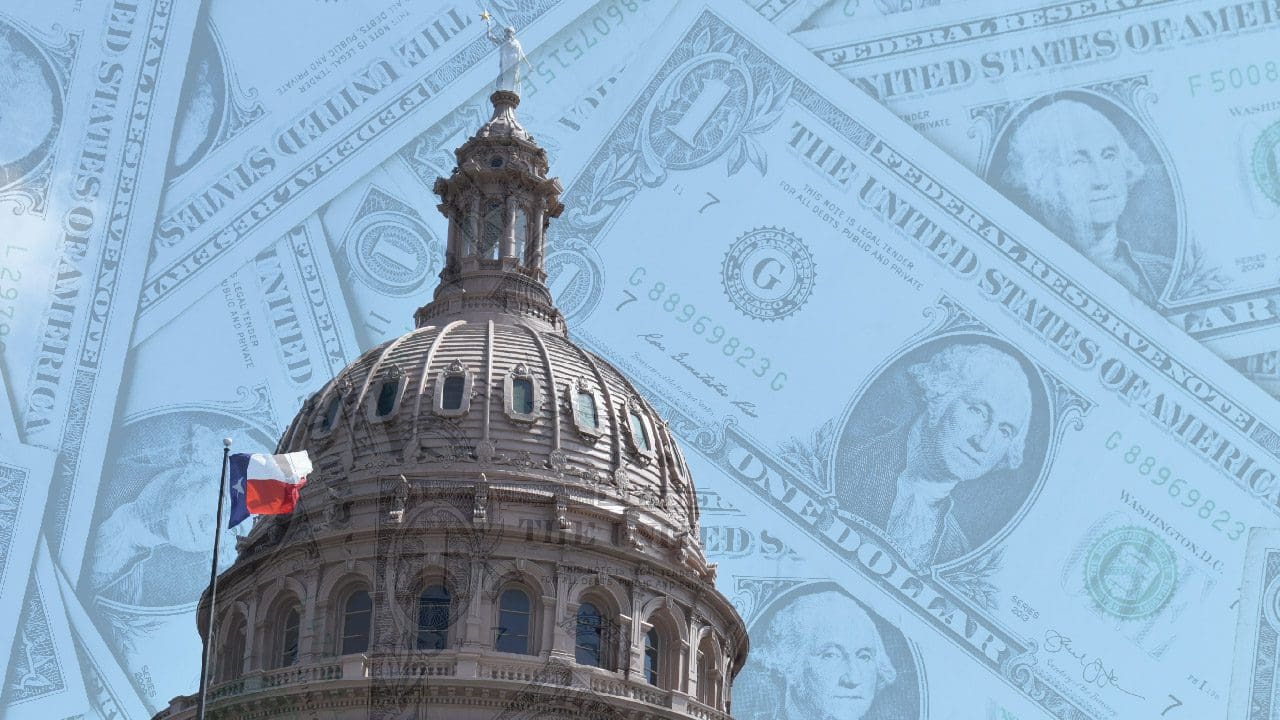Last month, the City of Haslet’s deep dive into local taxpayers’ wallets bore fruit when Amazon announced they would be building their new regional air hub at Fort Worth’s Alliance Airport.
While Mayor Bob Golden talked up what an “awesome partner” Amazon has been for the city, no one has talked about the burden Haslet taxpayers have had to bear for this partnership; according to government data the average homeowner’s property taxes have skyrocketed by 67 percent compared to ten years ago.
Haslet and Amazon’s relationship began in 2012 when the company picked the city to build one of its fulfillment centers. Haslet’s bid offered benefits including a sales tax reimbursement for “road expansion” and a 50 percent property tax abatement that would decline year after year.
Spurred by the coming of Amazon, Haslet has apparently doubled down on this strategy. City officials have boasted about taking on “sizeable debt” to build new water and sewer lines along I-35W to make the surrounding land available for development. To help facilitate the benefits being offered, Haslet has two city-owned corporations — the Haslet Economic Development Corporation and the Haslet Community and Economic Development Corporation — collecting a half-cent sales tax each.
Haslet’s approach to promoting jobs and development, while common among municipalities, is fleecing local taxpayers. The more debt a government accumulates, the higher taxes will have to be to make the monthly payments plus interest. Tax abatements are also a burden on property taxpayers; if a new entity isn’t paying their part in property taxes, someone else will have to pick up the bill. In Haslet, that “someone” has been homeowners and existing property taxpayers, as evidenced by their skyrocketing tax bills over the past decade.
The lie of corporate welfare promoters is that only by sticking it to taxpayers can jobs and shopping centers be created. The truth is that jobs and growth occur in an environment where people are free to pursue their own dreams and interests. If a city’s tax burden is so high that it can only lure new businesses by offering abatements and reimbursements, then it should probably rethink its taxation and spending priorities.




